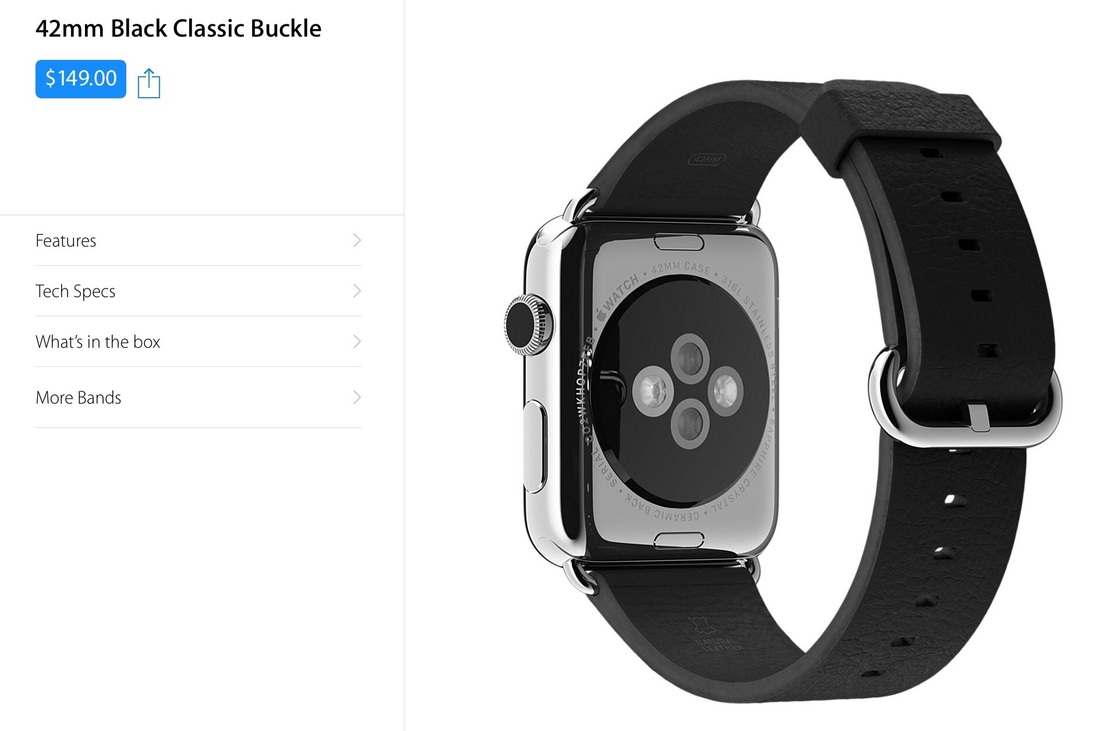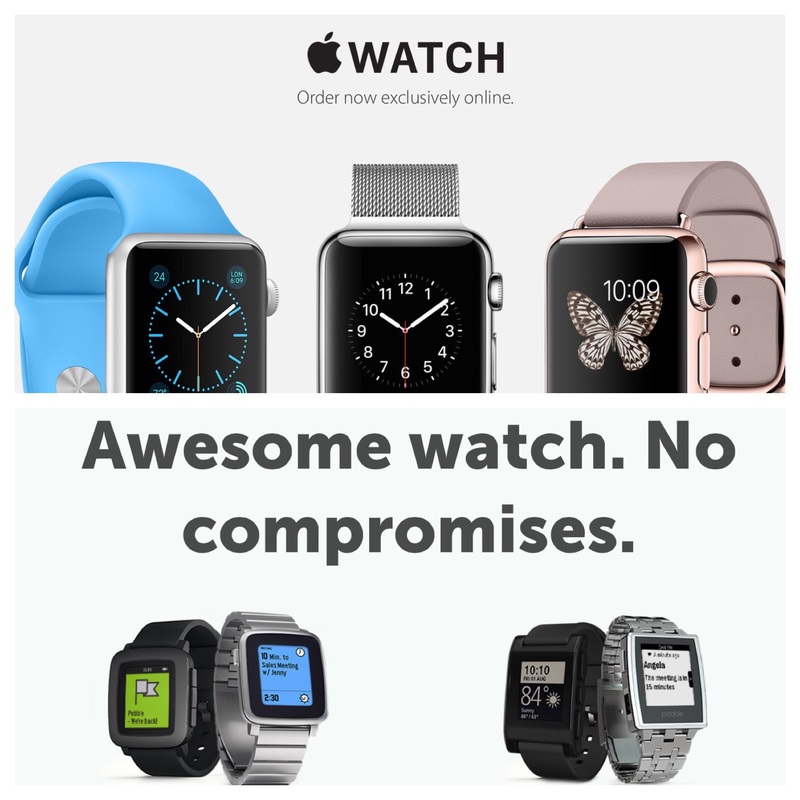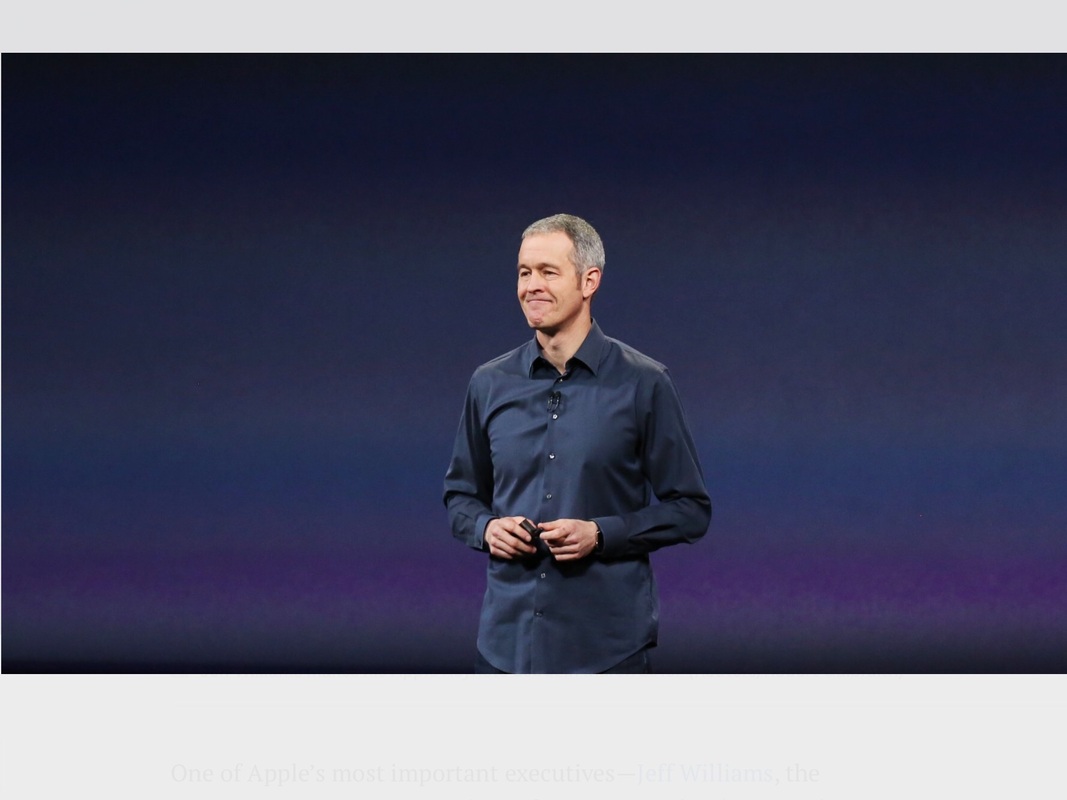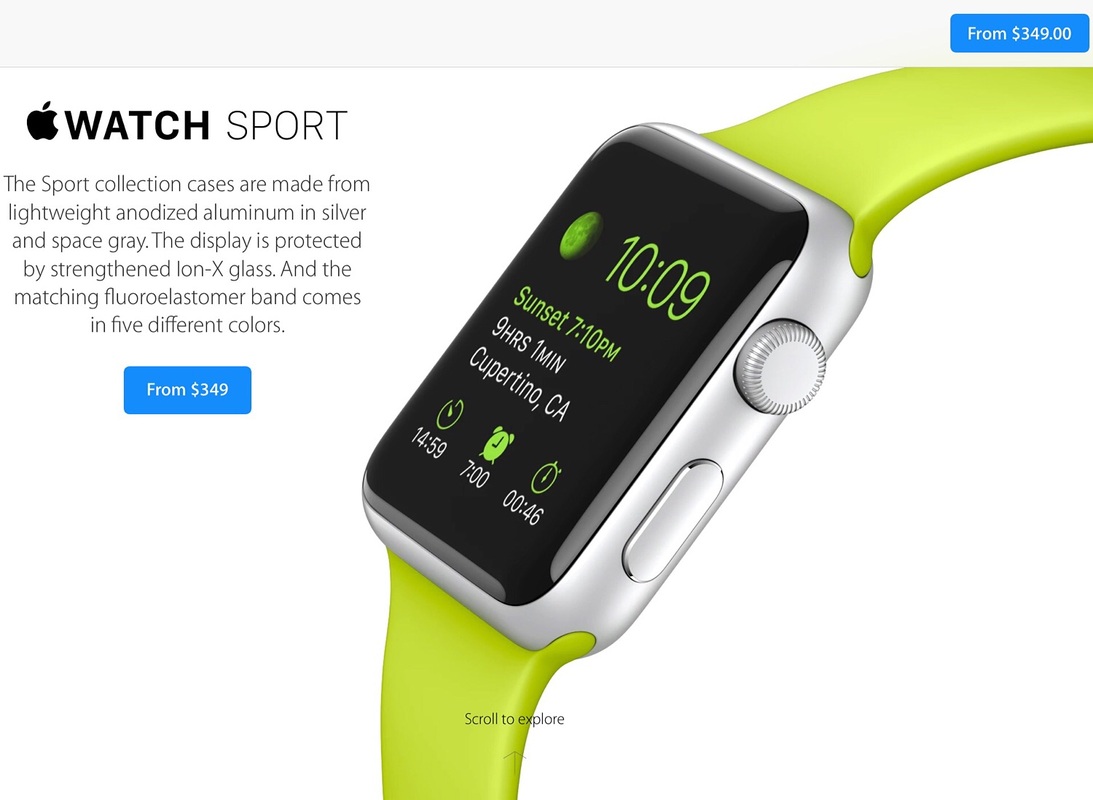|
I've heard more than a few comments regarding how Apple is pricing the leather bands for their new Apple Watch. It seems hard to believe that a leather band could cost $150 dollars. Somehow Apple was able to make a much larger leather case for the iPhone 6 and it's priced at $45. Or you could go down to your local JC Penney and get a decent leather jacket for about $150. So what's the deal for $150 for a little strip of leather?
It’s amazing to me that Google is willingly falling into playing the role of the business villain that we’ve all seen in countless kids movies growing up. You know, the one where the evil Acme Corporation has a seemingly harmless yet hypnotic product that at some point in the future will be switched on and turn all the consumers into mindless slaves to the corporation.
There are two kinds of people in the world. Those who like wearing a watch and those who don’t. I’m not talking about smart watches, just regular dumb watches that only tell you the time and date. I’ve always loved wearing a watch. I appreciated the convenience of being able to look down at my wrist to see the time and never have to look for a clock on the wall. And who wants to dig their iPhone out of their pocket when they need to know the date? That takes too long. I value that data, so it was worth it to me to wear a gadget on my wrist to have easy access to it. Some people are just now discovering this.
It's nice to see the operations guys getting a little press now and then. This piece by Dan Frommer over at Quartz highlights the guy behind Tim Cook that keeps things moving.
Apple's Jeff Williams made your iPhone and watch and now he's ready to talk about it. It's said that if you want to know how clean a restaurant's kitchen is, take a peak into the restroom. The thought is that if management can't keep a part of the restaurant clean that customers will actually visit, what condition will parts of the restaurant be that you can't see? The manufacturing equivalent to this rule of thumb is this: If you want to know how well a company executes on it's standard procedures to make or deliver products, ask what their cycle count accuracy is. A well-disciplined manufacturing organization with effective leadership will always possess high inventory cycle count accuracy. I've seen it many times. But a break down in the chain of command at any point with any procedure will always filter down into the cycle count. Receiving isn't doing their inspections or counts? Planning cutting corners with work orders? Supervisors on the floor not enforcing policies? Customer service screwing up sales orders? It doesn't matter where it happens but the buck will always stop on cycle count day. Whether you're managing a company, investing in a company, or looking to purchase a company, it doesn't matter. You need to know that piece of data. And if the relevant parties don't want to tell you the answer, that may be all you need to know. If I could ask Jeff Williams just one question regarding Apple's operating metrics that would be it. What is your cycle count accuracy? No single question tells me more. The Apple blogosphere had a collective head explosion recently when the study from IHS Technology reported that it only cost $84 to make the Apple Watch Sport. Instinctively, everyone knew that just didn't add up. And surprisingly, Tim Cook gave us a big clue to as to how much it costs them to make the Apple Watch. He literally came out and said that the margins wouldn't be as good as the rest of the product lineup. He even went a step further and said that he's never seen anyone even come close to estimating what Apple's products actually cost (he's probably never read MY blog).
|
Robert PerezManufacturing and distribution analysis since 1993. Perezonomics is available in Apple News
Archives
October 2024
|







 RSS Feed
RSS Feed